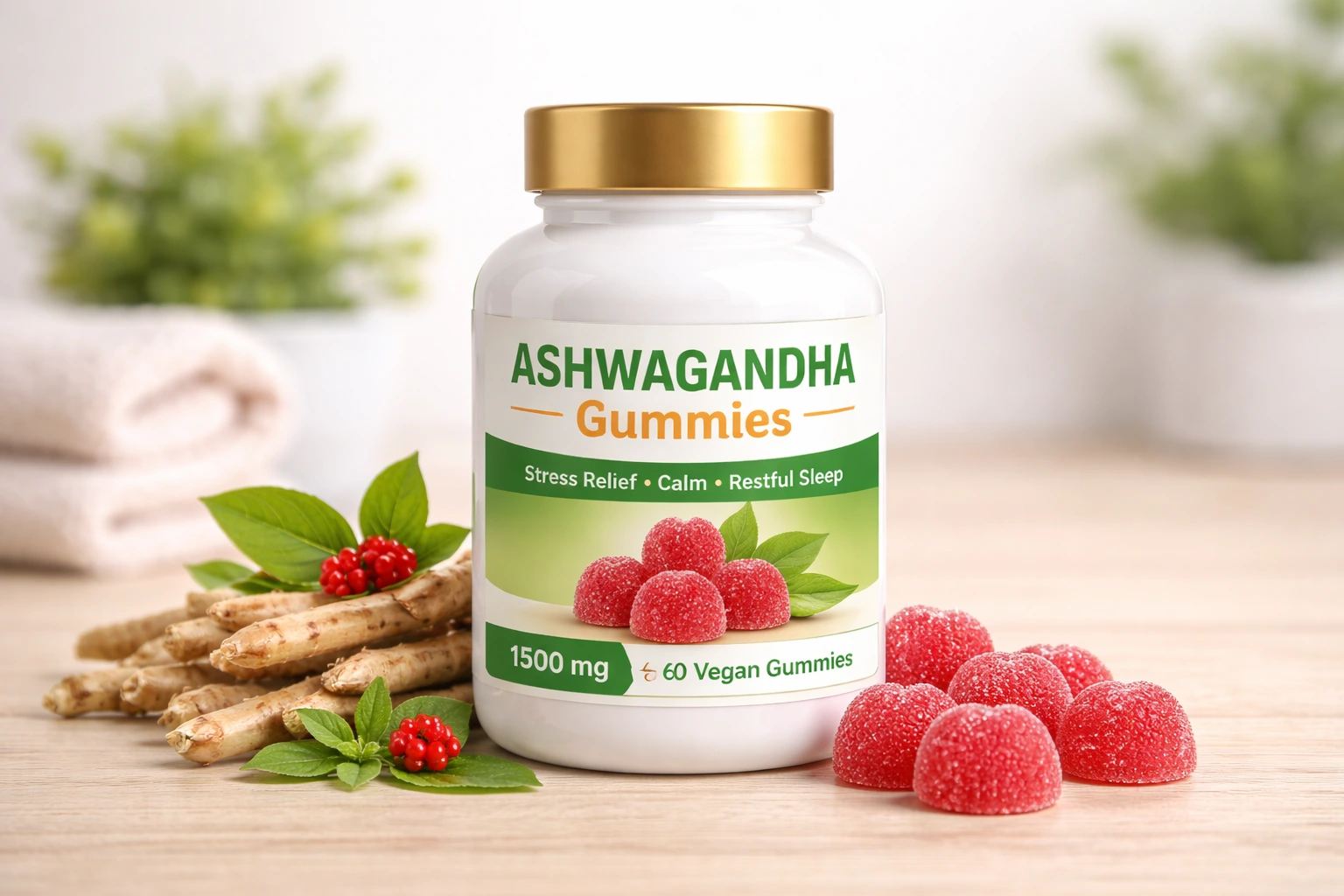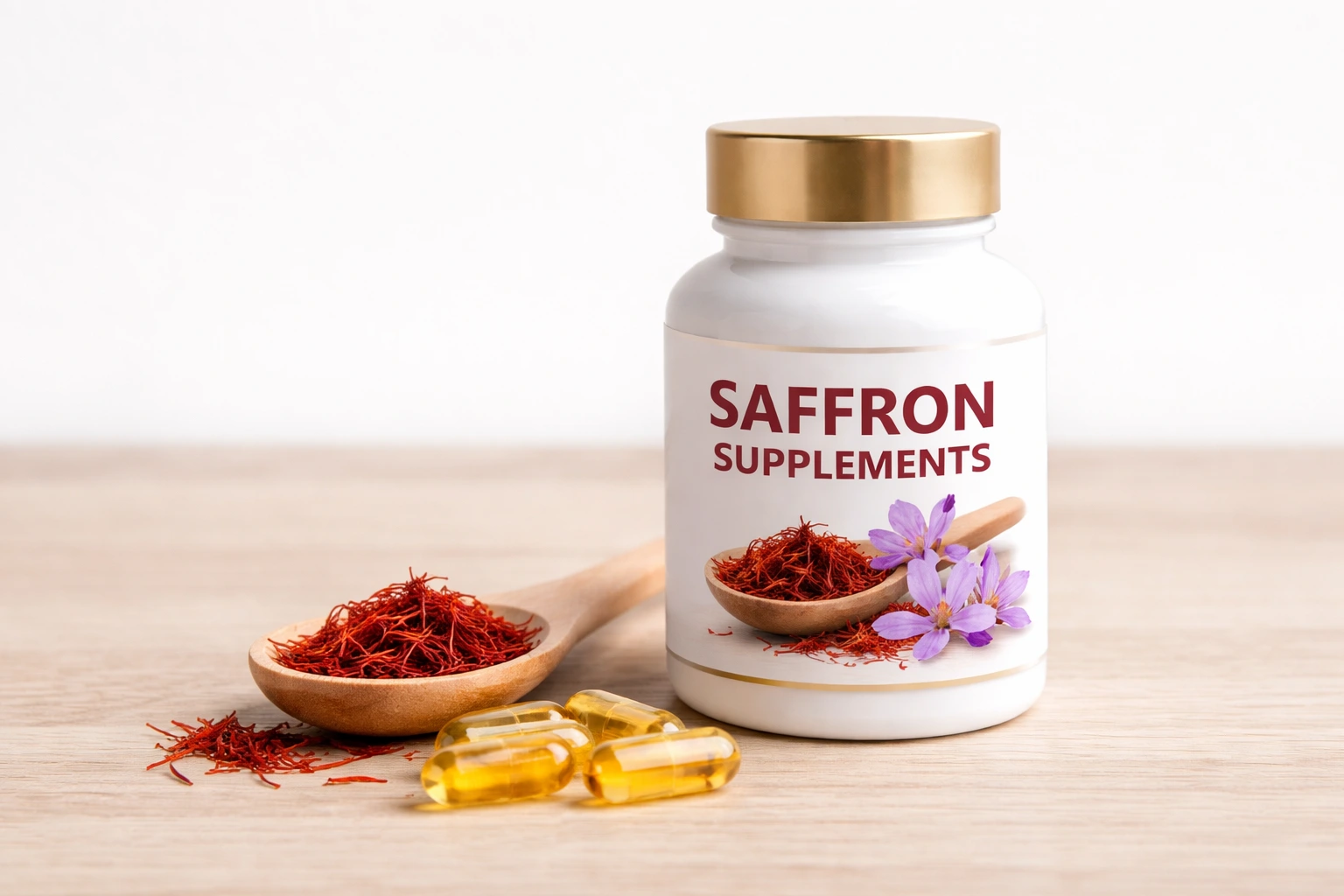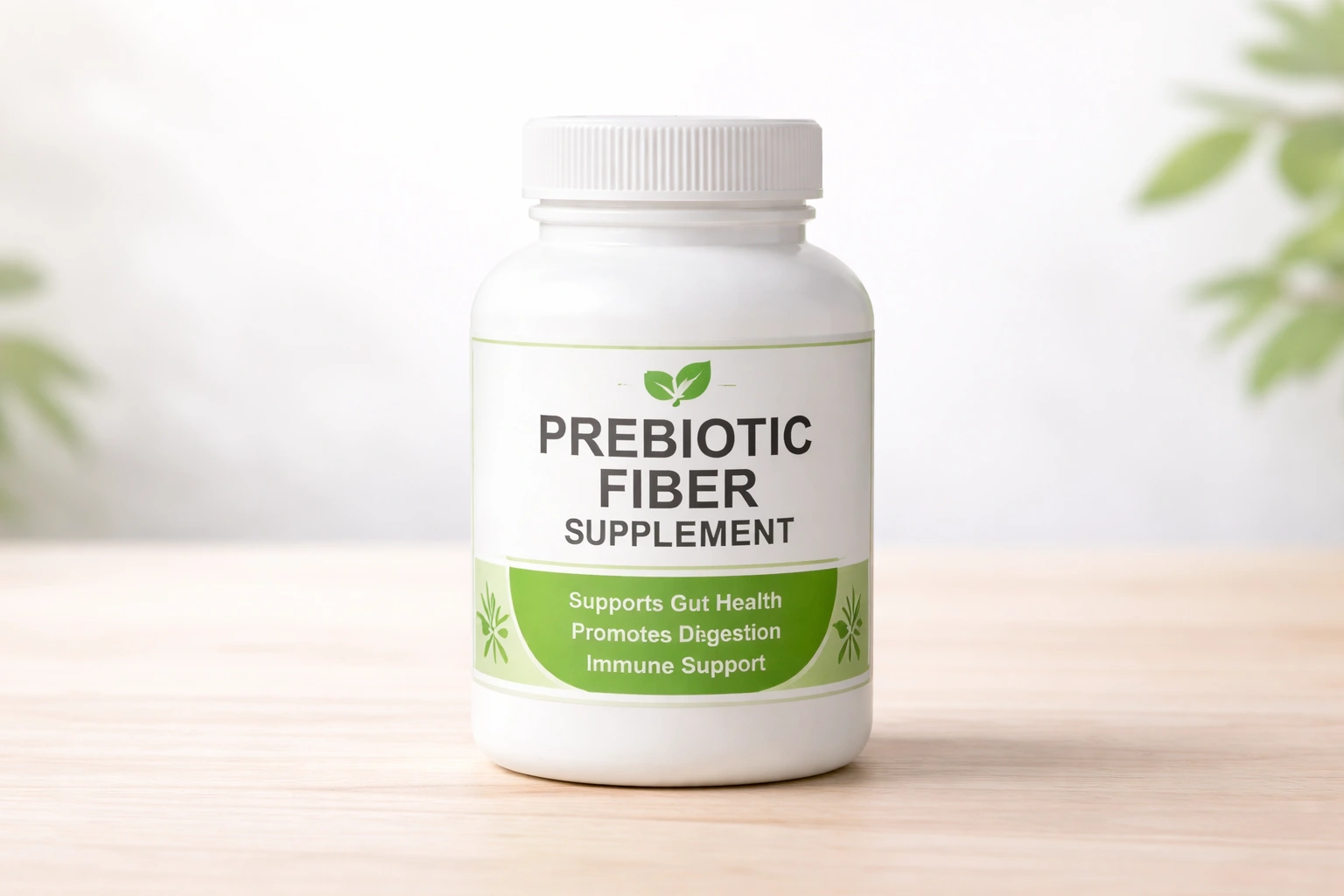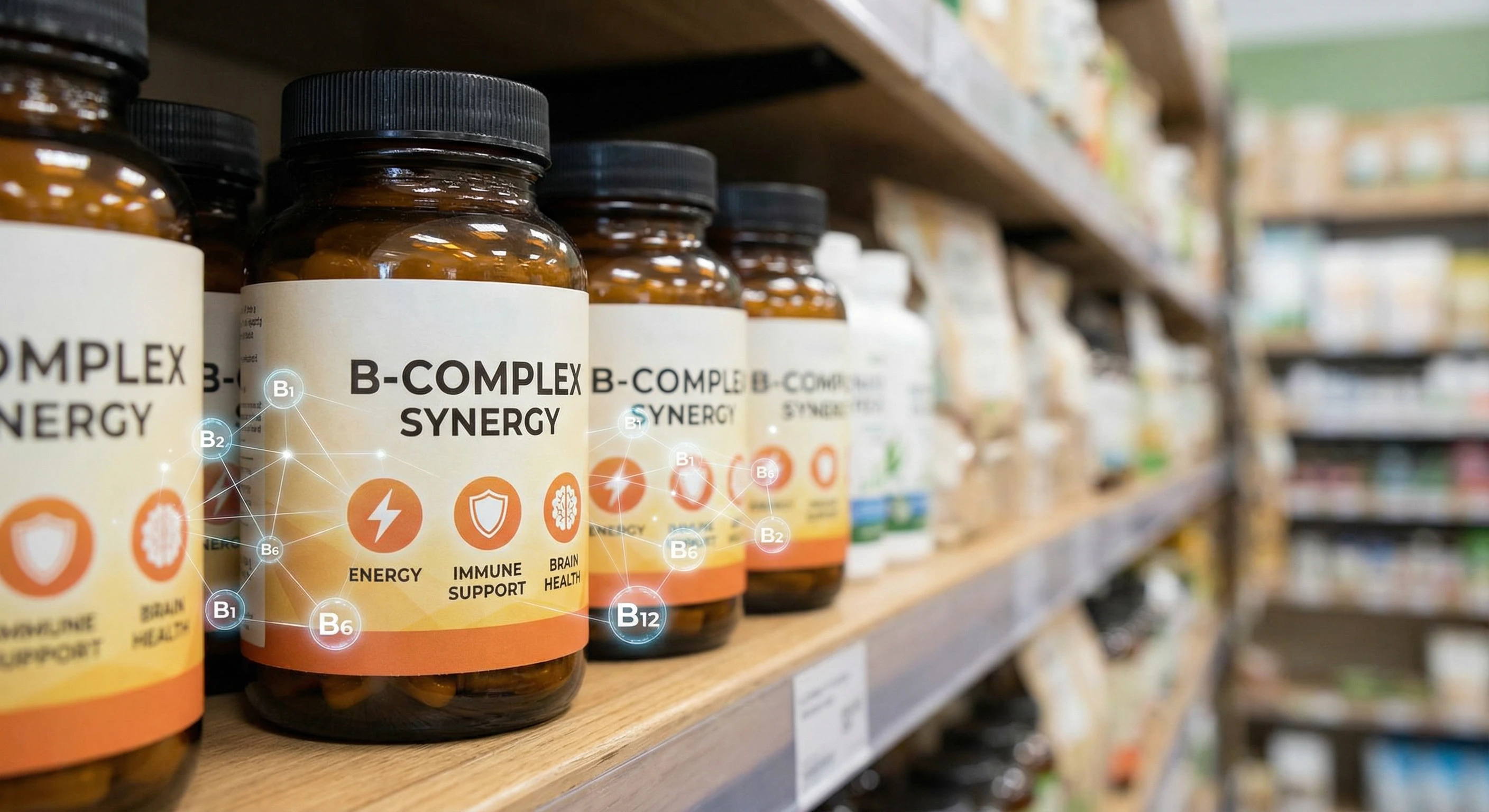Beyond basic thirst quenchers, electrolyte drinks are gaining popularity as essential tools for optimal hydration and supporting peak performance. Once primarily associated with elite athletes, they're now a staple for everyday wellness. But what exactly are electrolytes, why are these drinks so popular, and when should you consider reaching for one over plain water?
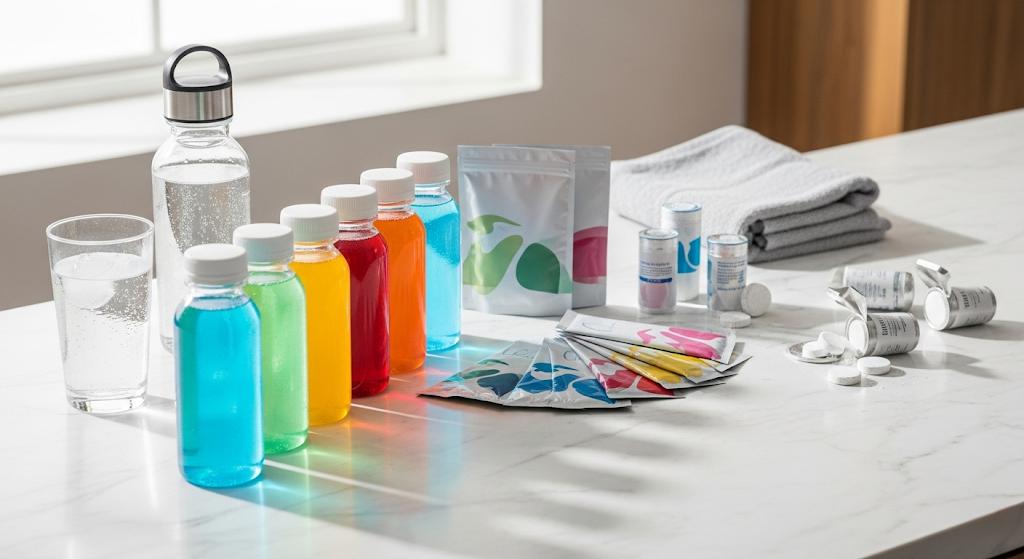
This comprehensive guide will break down the science behind electrolyte drinks, explore their numerous benefits, provide clear guidelines on their proper usage, and offer recommendations to help you make informed choices for your hydration needs.
What are Electrolytes? The Body's Essential Minerals
At their core, electrolytes are minerals that carry an electric charge when dissolved in body fluids like blood, urine, and sweat. They are crucial for countless bodily functions, acting as conductors that enable nerve impulses, muscle contractions, and maintain fluid balance.
The most vital electrolytes include:
-
Sodium: Essential for fluid balance, nerve function, and muscle contraction.
-
Potassium: Works with sodium to maintain fluid balance, crucial for heart rhythm and nerve signals.
-
Chloride: Helps maintain fluid balance and blood pressure.
-
Magnesium: Involved in over 300 enzymatic reactions, including muscle and nerve function, blood glucose control, and blood pressure regulation.
-
Calcium: Critical for bone health, muscle contraction, and nerve transmission.
-
Phosphate: Important for bone health, energy storage, and cell repair.
-
Bicarbonate: Acts as a buffer to maintain the body's acid-base (pH) balance.
When you sweat, urinate, or experience illness (like vomiting or diarrhea), these essential minerals are lost from your body. A significant imbalance can lead to symptoms ranging from mild fatigue to severe medical emergencies.
How Electrolyte Drinks Work
Electrolyte drinks are formulated to replenish these lost minerals and facilitate faster, more effective rehydration than water alone. They typically contain a blend of key electrolytes (primarily sodium, potassium, and sometimes magnesium, calcium, and chloride), often combined with carbohydrates (sugars) and sometimes other beneficial ingredients.
The role of carbohydrates (sugars) in many electrolyte drinks is crucial:
-
Glucose-Sodium Co-transport: Small amounts of glucose (sugar) help the intestines absorb sodium, and sodium, in turn, helps absorb water. This is known as the sodium-glucose co-transport system, which is a highly efficient mechanism for rapid rehydration.
-
Energy Source: For athletes or individuals expending significant energy, carbohydrates also provide a quick fuel source.
By providing these components in specific ratios, electrolyte drinks are designed to:
-
Accelerate Water Absorption: Get water into your cells more quickly.
-
Restore Mineral Balance: Replenish the specific electrolytes lost through various means.
-
Support Cellular Function: Ensure nerves, muscles, and other systems can continue to operate optimally.
Key Benefits of Electrolyte Drinks
Beyond just quenching thirst, electrolyte drinks offer several distinct advantages:
-
Superior Hydration: While water is fundamental, electrolyte drinks can offer more effective rehydration in specific scenarios by optimizing fluid absorption and replacing crucial minerals.
-
Enhanced Athletic Performance & Recovery: During prolonged or intense exercise, significant sweating leads to electrolyte loss. Replenishing these helps maintain muscle function, prevent cramps, and support faster recovery by restoring fluid balance.
-
Combatting Dehydration from Heat & Illness:
-
Heat Exposure: In hot climates or during strenuous activities, excessive sweating can quickly lead to dehydration and electrolyte imbalance. Electrolyte drinks are vital for preventing heat exhaustion and heatstroke.
-
Vomiting/Diarrhea: Illnesses that cause fluid loss through the gut deplete electrolytes rapidly. Oral rehydration solutions (a form of electrolyte drink) are critical for preventing severe dehydration, especially in children and the elderly.
-
-
Alleviating Fatigue and Brain Fog: Electrolyte imbalances can manifest as fatigue, dizziness, headaches, and difficulty concentrating. Proper electrolyte balance supports nerve function and energy levels, helping to clear brain fog.
-
Supporting Specific Dietary Needs (e.g., Keto, Low-Carb): Diets that restrict carbohydrates often lead to increased water and electrolyte excretion (especially sodium and potassium), as glycogen stores (which hold water) are depleted. Electrolyte drinks can help prevent "keto flu" symptoms and maintain energy levels on these diets.
-
Reducing Muscle Cramps: Often, muscle cramps, particularly during or after exercise, are linked to inadequate hydration and electrolyte (especially sodium, potassium, and magnesium) imbalances.
When to Use Electrolyte Drinks
While not a daily necessity for everyone, electrolyte drinks are highly beneficial in specific situations:
-
Intense or Prolonged Exercise: Activities lasting over 60 minutes, or shorter, high-intensity workouts, especially in heat.
-
Heavy Sweating: Working outdoors in hot weather, physically demanding jobs, or after a particularly sweaty workout.
-
Illness: Vomiting, diarrhea, or fever (consult a doctor, especially for children or severe cases).
-
Morning After: To help rehydrate after alcohol consumption, which can be dehydrating.
-
Hot Climates/Travel: When adapting to new, hot environments.
-
Specific Diets: As mentioned, keto or very low-carb diets.
-
Symptoms of Dehydration: Feeling excessively thirsty, lightheaded, fatigued, or experiencing muscle cramps.
When Plain Water is Sufficient
For most individuals engaging in light to moderate daily activity, plain water is perfectly adequate for hydration. Electrolyte drinks are generally not necessary for:
-
Short, low-intensity workouts (under 60 minutes).
-
Casual daily hydration in a comfortable climate.
-
As a regular substitute for plain water without specific needs, as excess electrolytes (especially sodium) can be detrimental for some individuals.
Choosing the Right Electrolyte Drink: Recommendations
The market is flooded with options, from sports drinks to electrolyte powders and tablets. Here's what to consider:
-
Sugar Content (Carbohydrates):
-
For Exercise: Look for drinks with 6-8% carbohydrates (e.g., 15-20g sugar per 250ml/8oz serving) for optimal absorption and energy during workouts.
-
For General Hydration/No Exercise: Opt for low-sugar or sugar-free options if you're not burning significant calories, to avoid unnecessary sugar intake.
-
-
Electrolyte Ratios:
-
Sodium: Aim for around 200-500mg per 500ml (16.9oz) serving. This is crucial for fluid retention.
-
Potassium: Look for 100-250mg per 500ml serving.
-
Magnesium/Calcium: Presence is a bonus, especially for broader health benefits.
-
-
Ingredients List:
-
Prioritize drinks with natural flavors and colors if possible.
-
Avoid excessive artificial sweeteners, colors, or preservatives if you prefer a cleaner product.
-
-
Form Factor:
-
Ready-to-Drink: Convenient, but often more expensive and may contain more sugar.
-
Powders/Tablets: More economical, customizable (you control water amount), and generally more portable. Great for travel.
-
-
Specific Needs:
-
Athletes: Look for higher sodium and carbohydrate content.
-
Keto/Low-Carb: Focus on sugar-free options with good levels of sodium, potassium, and magnesium.
-
Taste Preference: Sample different brands and flavors. Many brands now offer a wide variety of natural fruit flavors.
-
Popular Brands/Types to Consider (Examples):
-
Traditional Sports Drinks (e.g., Gatorade, Powerade): Often higher in sugar, suitable for intense workouts.
-
Lower-Sugar Electrolyte Brands (e.g., Liquid IV, LMNT, Nuun, Hydrant): Focus on electrolyte balance with less or no sugar, popular for general hydration and low-carb diets.
-
Oral Rehydration Solutions (ORS): Like Pedialyte, specifically formulated with precise electrolyte and glucose ratios for medical rehydration (e.g., during severe illness).
How to Incorporate Electrolyte Drinks into Your Routine
-
Pre-Workout: If you anticipate a long or intense session, start with an electrolyte drink.
-
During Workout: Sip throughout exercise lasting over an hour, or in hot conditions.
-
Post-Workout: To aid recovery and replenish losses.
-
Daily Hydration (as needed): If you live in a hot climate, have a physically demanding job, or follow a specific diet that depletes electrolytes.
-
Listen to Your Body: The best indicator is how you feel. If you're experiencing fatigue, muscle cramps, or lightheadedness, assess your hydration and electrolyte intake.
Potential Side Effects and Precautions
While generally safe, excessive or inappropriate consumption of electrolyte drinks can lead to issues:
-
Too Much Sodium (Hypernatremia): Can lead to high blood pressure, fluid retention, and in severe cases, neurological symptoms.
-
Too Much Potassium (Hyperkalemia): Can affect heart rhythm, especially in individuals with kidney problems.
-
Excess Sugar: High-sugar electrolyte drinks can contribute to weight gain, blood sugar spikes, and dental issues if consumed excessively without energy expenditure.
-
Digestive Upset: Some individuals may experience stomach cramps or diarrhea with certain ingredients or concentrations.
Always consult with a healthcare professional or registered dietitian, especially if you have underlying health conditions (like kidney disease, heart disease, or high blood pressure) before significantly altering your electrolyte intake or using these drinks therapeutically.
Conclusion
Electrolyte drinks are far more than just "sports drinks"; they are powerful tools for optimizing hydration and supporting critical bodily functions, particularly when water alone isn't enough. By understanding what electrolytes are, how these drinks work, and when to use them, you can strategically incorporate them into your routine to enhance athletic performance, combat dehydration, alleviate fatigue, and support your overall well-being. Make informed choices based on your activity level, dietary needs, and health goals to unlock the full benefits of proper electrolyte balance.
Authoritative Information Sources:
-
NIH Office of Dietary Supplements (ODS): Provides information on individual minerals that serve as electrolytes (Sodium, Potassium, Magnesium, Calcium, etc.).
-
Link: https://ods.od.nih.gov/
-
-
American College of Sports Medicine (ACSM): Offers guidelines on hydration and electrolyte replacement for exercise.
-
Link: https://www.acsm.org/
-
-
Centers for Disease Control and Prevention (CDC): Provides guidance on hydration for illness (e.g., diarrheal diseases) and heat-related illnesses.
-
Link: https://www.cdc.gov/
-
-
World Health Organization (WHO): Publishes guidelines on Oral Rehydration Salts (ORS) for medical hydration.
-
Link: https://www.who.int/
-

